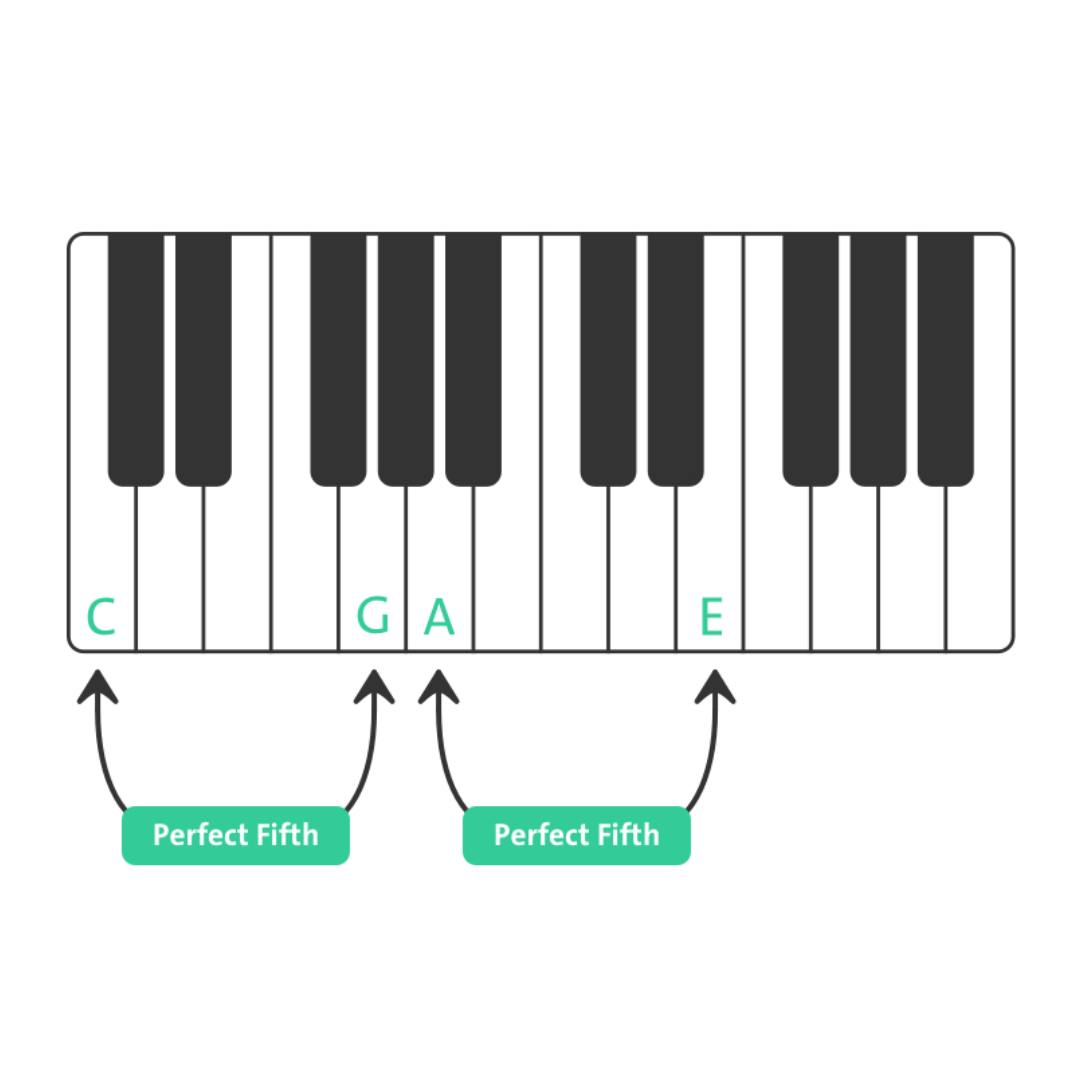Rudolf Steiner has been celebrated for his many contributions to the areas of philosophy, education, spirituality, and even agriculture – with his invention of biodynamic farming.
He is widely recognized as the founder of anthroposophy, a spiritual philosophy that works to understand the truths of existence through the integration of science, art, and the spirit. While his insights into holistic education and spiritual development have garnered acclaim, "The Inner Nature of Music" stands as a testament to Steiner's deep understanding of the spiritual dimensions of music, offering invaluable wisdom to seekers of truth and beauty.
In this work, Steiner explores sound and harmony to offer us a glimpse of music’s potential to uplift, inspire and transcend the physical. Following, you will find 10 key insights from Steiner's visionary work, each one illuminating a unique facet of music's profound influence on the human experience.
1. Music as a Spiritual Path: Rudolf Steiner views music as a spiritual path, transcending its conventional role as “just” entertainment. He suggests that music possesses the innate ability to connect individuals with higher realms of consciousness and to serve as a pathway for spiritual enlightenment.
He says, "Music can lead man to a world of spiritual reality where his soul may find itself in contact with the spirit.”
Through music, one can embark on a journey of self-discovery and spiritual growth, attuning their souls to the divine harmonies that resonate throughout the cosmos.
2. The Livingness of Music: Steiner introduces the concept of the "livingness" of music, emphasizing that every tone and melody is filled with spiritual significance. He suggests that music pulsates with the rhythms of life, echoing the heartbeat of the universe itself.
"Music is the living expression of the soul of sound."
According to Steiner, music is not static but dynamic—a vibrant force that is intertwined in the fabric of existence, connecting individuals with the deeper currents of life.
3. Devachan and Musical Harmony: Steiner explores the concept of Devachan, a spiritual realm characterized by sublime beauty and harmony. He suggests that through music, individuals can experience glimpses of Devachan, attuning their immortal souls to the frequencies in music.
"Music can lead us into the spiritual world.”
Through the harmonious vibrations of music, individuals can transcend the mundane concerns of everyday life and enter into a state of profound spiritual communion.
4. The Transformative Power of Musical Intervals: Steiner suggests that each interval corresponds to a specific aspect of the human soul.
He explores how different intervals evoke emotions and sensations that resonate deep within our being, offering insights into the mysteries of human experience.
"The harmonious intervals awaken within us feelings of pleasure and satisfaction, while the discordant intervals evoke feelings of discomfort and unrest.”
Through an understanding of these intervals, it’s possible to gain deeper insights into the workings of their own souls.
5. Music as Mediator Between the Spiritual and Sensual: Music serves as a conduit for spiritual truths, allowing people to transcend the material world and interface with the eternal, – realities that lie far beyond.
"Music is the mediator between the spiritual and the sensual life.”
The transformative power of music bridges the gap between the earthly and the divine – experience moments of profound spiritual awakening and enlightenment.
6. The Cosmic Harmony of the Spheres: The heavenly bodies emit harmonic vibrations that resonate throughout the cosmos.
"The music of the spheres is not merely a poetic metaphor but a profound truth—a symphony of cosmic proportions that echoes throughout the universe.”
Through an understanding of this cosmic harmony, one can connect to the rhythms of the universe and experience a profound sense of connection to the cosmos.
7. Music as Healing: Steiner suggests that music has the power to heal the body, mind, and soul. He explores how specific musical frequencies can resonate with the body's energy centers, promoting physical, emotional, and spiritual well-being.
"Music has the power to heal wounds that cannot be reached by the surgeon's knife or the physician's drugs.”
Through the transformative power of music it’s possible to experience profound healing on all levels of being.
8. The Role of Music in Education: Music can cultivate qualities such as discipline, creativity, and emotional intelligence, laying the foundation for a balanced and harmonious life.
"Music is not merely an extracurricular activity but an essential component of a well-rounded education.”
Music in educational curriculum can unlock people’s full potential and help them realize their innate talents and abilities.
9. Music and Spiritual Evolution: Music has the power to facilitate spiritual evolution, guiding people on a journey of self-discovery and enlightenment. He explores how music can act as a catalyst for inner transformation, awakening dormant faculties of the soul and inspiring people to strive for higher states of consciousness.
"Music is the language of the soul, speaking directly to the deepest recesses of our being and guiding us on our journey of spiritual evolution.”
10. Music as A Path To Unity: Lastly, he suggests that music has the power to transcend cultural, social, and political boundaries, serving as a universal language that unites humanity in a shared experience of beauty and harmony.
"In the presence of music, all divisions vanish, and we are united in a transcendent experience of oneness.”
In closing, let us remember that music is not merely an art form but a sacred pathway—a pathway that leads us back to the source of all creation.
Through the power of music, we can awaken to the depth of our own souls and go beyond the limits of the material world. Music connects us more deeply to ourselves, and through this we find that we are all inextricably linked to one another.










